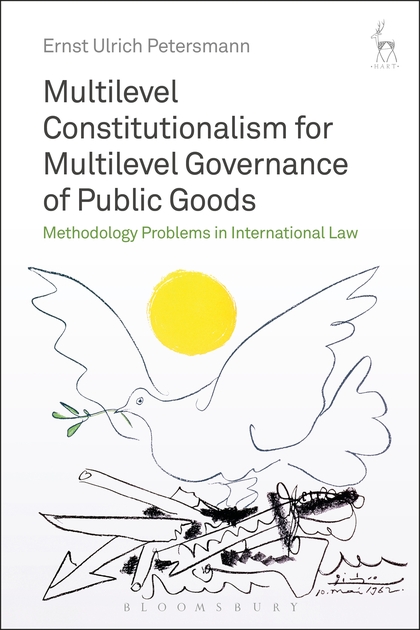
This is the first legal monograph analysing multilevel governance of global 'aggregate public goods' (PGs) by using historical, legal, political and economic methods. It explains the need for a 'new philosophy of international law' in order to protect human rights and PGs more effectively and more legitimately. Such a 'constitutional approach' is justified not only by the fact that 'human rights', 'rule of law', 'democracy' and other 'principles of justice' used in national, regional and UN legal systems are indeterminate legal concepts whose linguistic, jurisprudential and doctrinal meaning needs to be reviewed and clarified through democratic, judicial and also academic methods.
The study describes and criticizes the legal methodology problems of 'disconnected' governance in UN, GATT and WTO institutions as well as in certain areas of the external relations of the EU (like transatlantic free trade agreements). Based on more than 35 years of practical experiences of the author in German, European, UN, GATT and WTO governance institutions and 40 years of academic teaching experiences, this study develops five propositions for constituting, limiting, regulating and justifying multilevel governance for the benefit of citizens and their constitutional rights as 'constituent powers', 'democratic principals' and main 'republican actors', who must hold multilevel governance institutions and their limited 'constituted powers' legally, democratically and judicially more accountable.